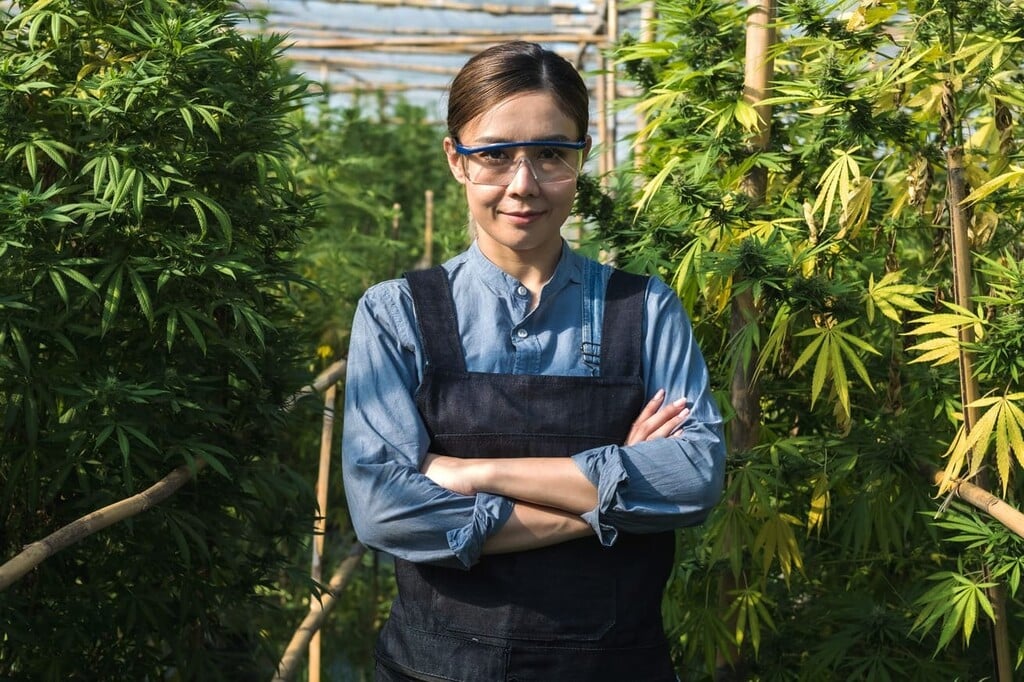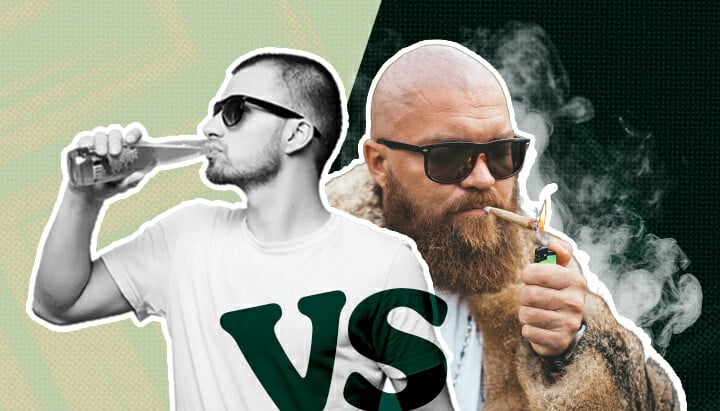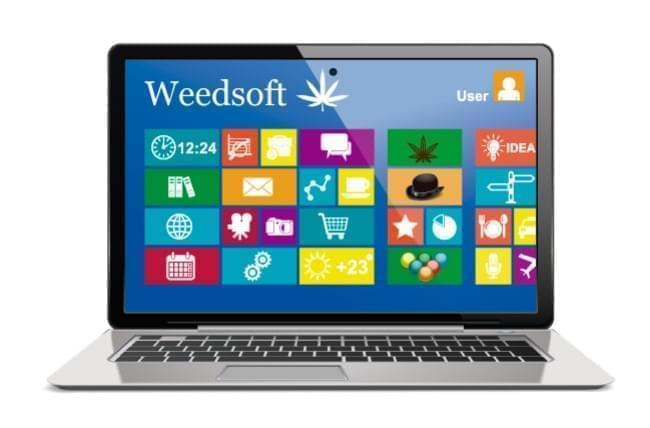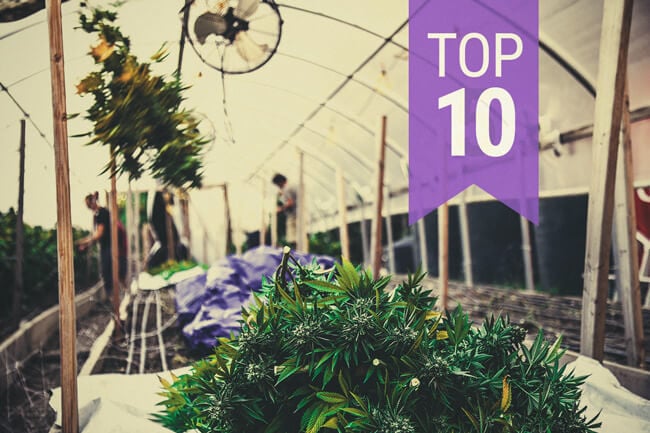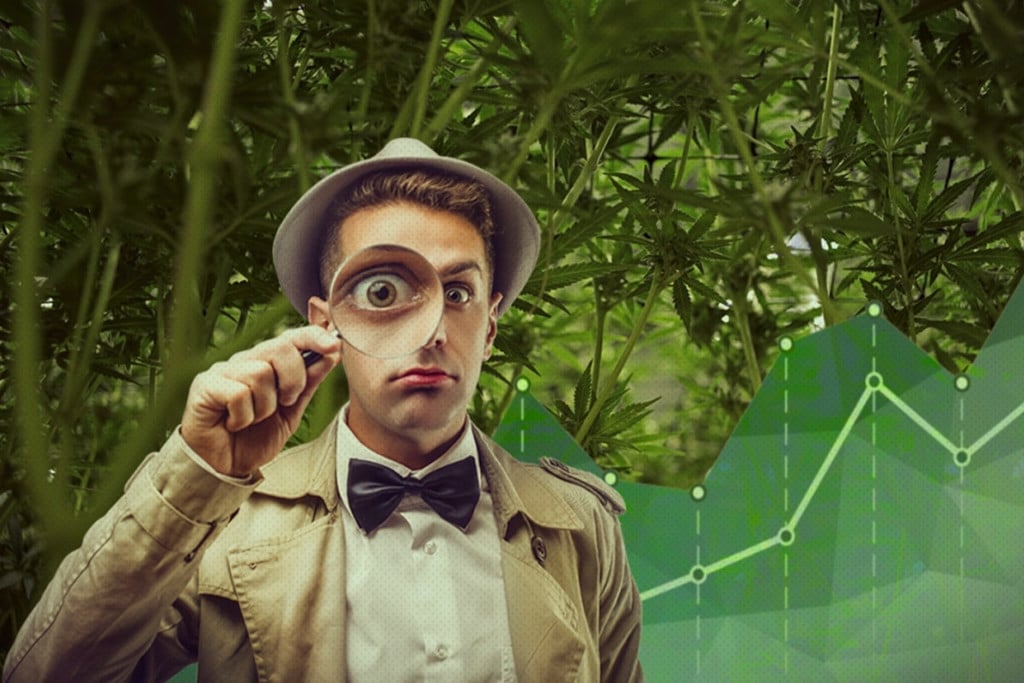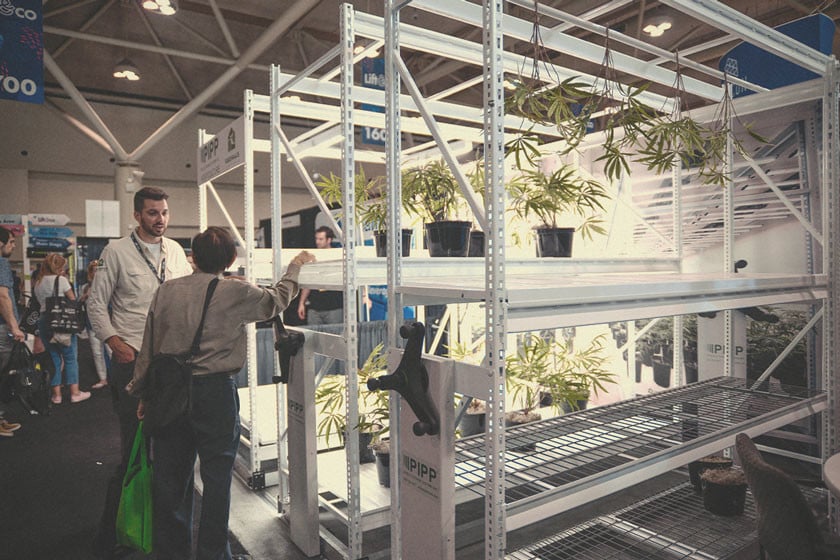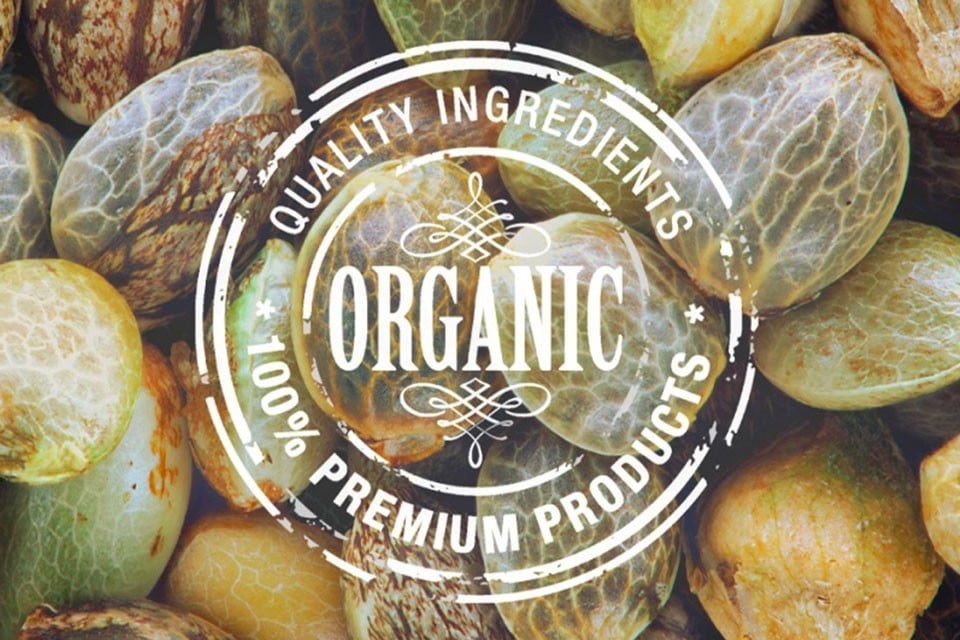.
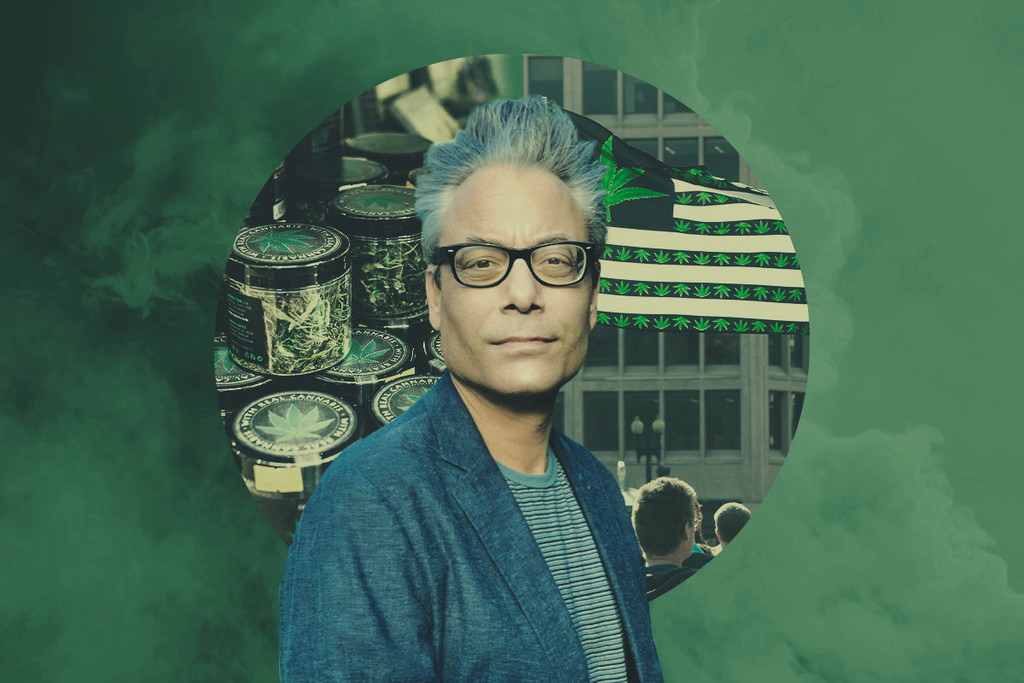
RQS Interviews: Andrew DeAngelo, a trailblazer within the cannabis industry
Hi! My name is Andrew DeAngelo, I'm a Cannabis Industry Consultant and Strategic Advisor, Co-founder of Harborside & Last Prisoner Project, Founder of Andrew DeAngelo Consulting. I am a visionary leader with a proven track record of enacting systemic social change and developing best practices in cannabis.
You’re about to hear from one of the leading activists and business minds in the cannabis space: Andrew DeAngelo. As a pioneer within the industry, Andrew co-founded Harborside, one of the biggest and oldest cannabis retailers in the game, known for excellent, award-winning flowers and top-tier consultancy. He also branched off to form his own consultancy business, and Forbes even included Andrew in its list of “The Top 5 Cannabis Industry Consultants You Need to Know”. Business aside, Andrew has also harnessed his visionary leadership to enact social change through the Last Prisoner Project.
1. What was your initial approach to the cannabis industry? What potential did you see in it? (01:28)
I started my work as a trader of cannabis. What was really interesting was that people were so happy to get the cannabis in their hands. It was very hard to acquire cannabis in those days, and we had a very good product. But we didn't like trading underground. It was brutally difficult and the consequences were horrific. So we took the money we made and started activist groups in an attempt to change the laws. We were offering financial support and other support to that effort. We legalized medical cannabis in California in 1996, after doing so in the city of San Francisco in 1992.
2. In high school, you wrote a paper advocating for cannabis legalization. Do you remember any arguments that you included? (09:02)
The argument was personal freedom—we have a right to put things in our body that we want to put in our body. Also—that alcohol and tobacco were legal, and they were clearly more harmful than cannabis. If I were to write that paper again today, I’d basically make the argument that this is medicine, and that you have an endocannabinoid system—we all do. We have the natural right to heal ourselves. That's the most basic fundamental right on Earth; when your body starts to break down, you have the right to heal yourself, and in the way that you want to.
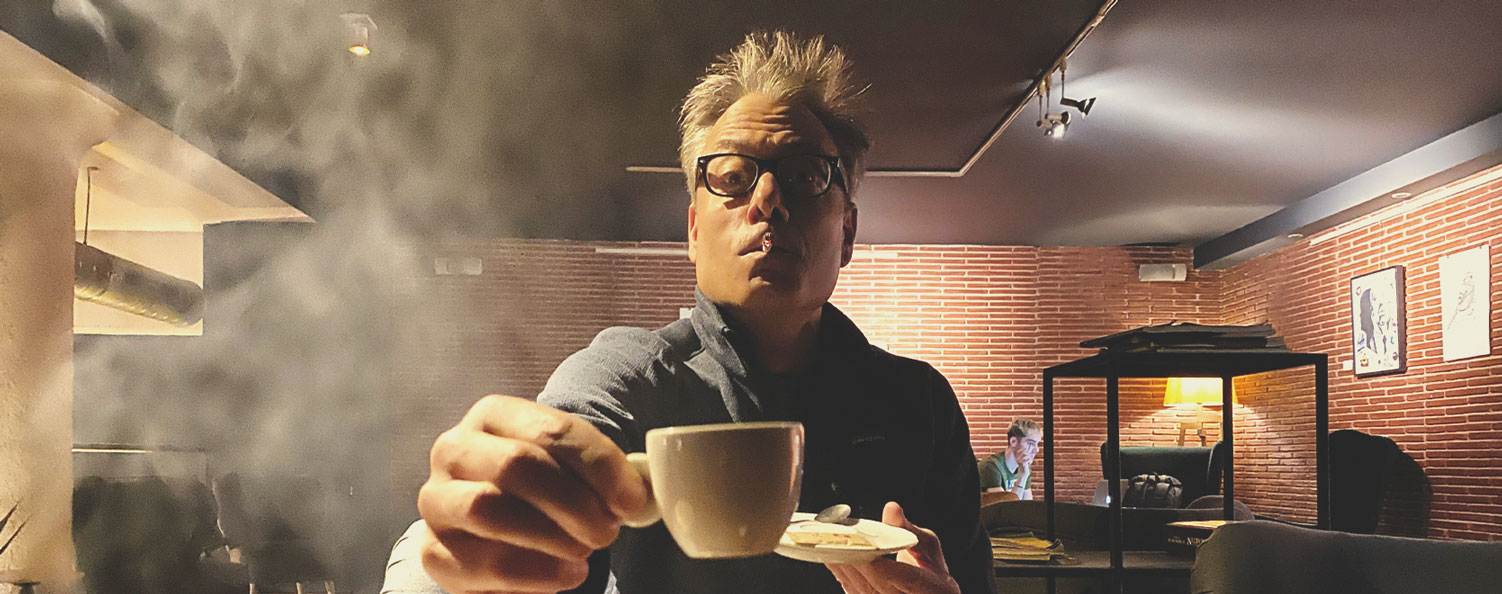
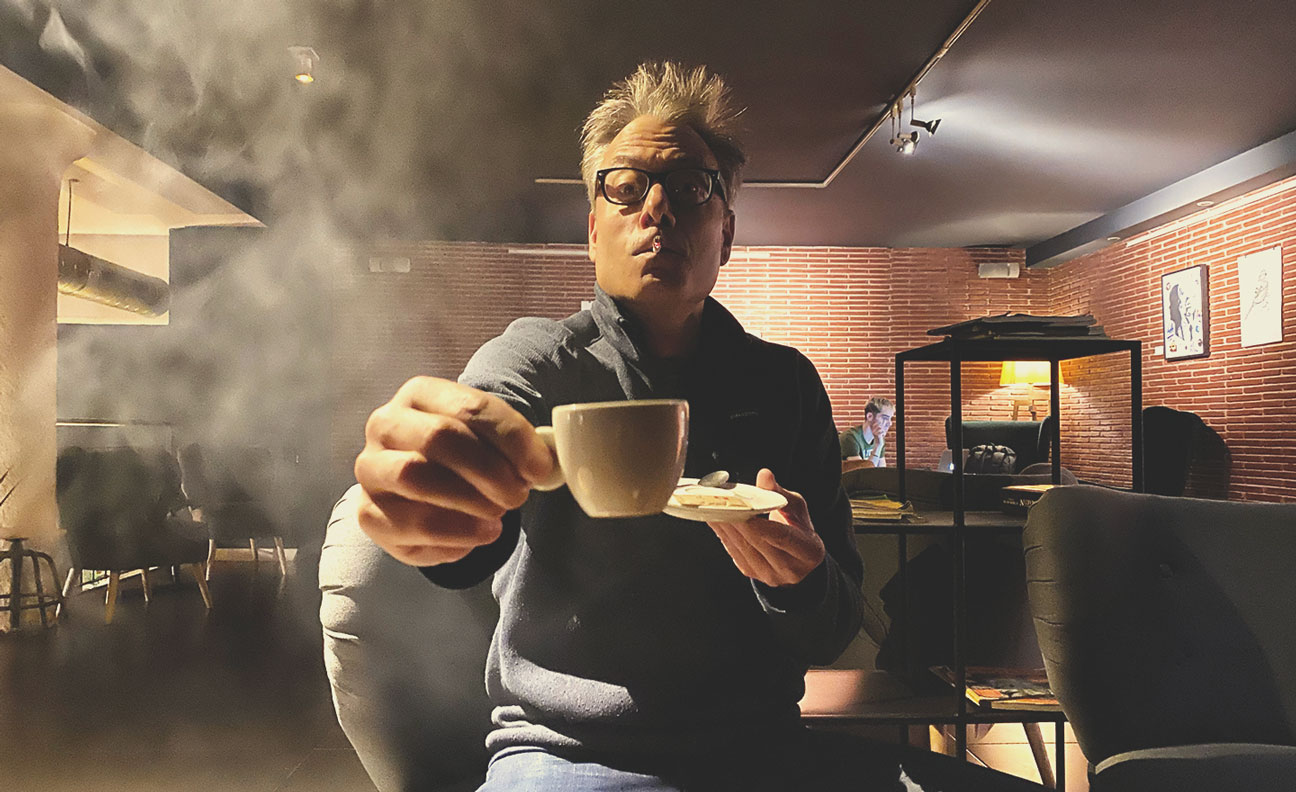
3. Medical cannabis has been the first step to legalization in many regions. Would you also support legalizing recreational cannabis? For what reasons? (16:58)
I truly, truly believe that all use of cannabis is medical. Even if the person is intending to “get high”. You have an endocannabinoid system, so the cannabinoids are going to hit those receptors, the system is going to be activated, and good things are going to happen. So that is why I believe all cannabis use is medical. There's kind of a big debate about that. It’s important to note that our world of stress is killing people and causing all kinds of issues and terrible behaviours.
4. What’s your stance on the construction of a legal cannabis market based on capitalism? (22:45)
What I envision is an ecosystem. Capitalism at its best is conscious, and conscious of communities. The UK and other places should seriously consider how to integrate nonprofit models from the beginning, because it keeps all that big capitalism, that global domination wing out. They do not want to be anywhere near anything called nonprofit.
5. Big businesses are making big bucks, but the activism that catalyzed legalization also gave rise to an entirely different type of marketplace: small-scale, local, and artisan businesses. What can you tell us about sustainability and social justice in this field? (28:00)
You have to get it in the public policy, otherwise capitalism and the market forces will just wipe those folks out. So you have to get it in the public policy that those folks have a lower barrier to entry than everybody else. Because they get locked up more than everybody else. So it should be a very, very low barrier to entry, and then there should be mechanisms of support for those entrepreneurs. That’s really how you restore justice.
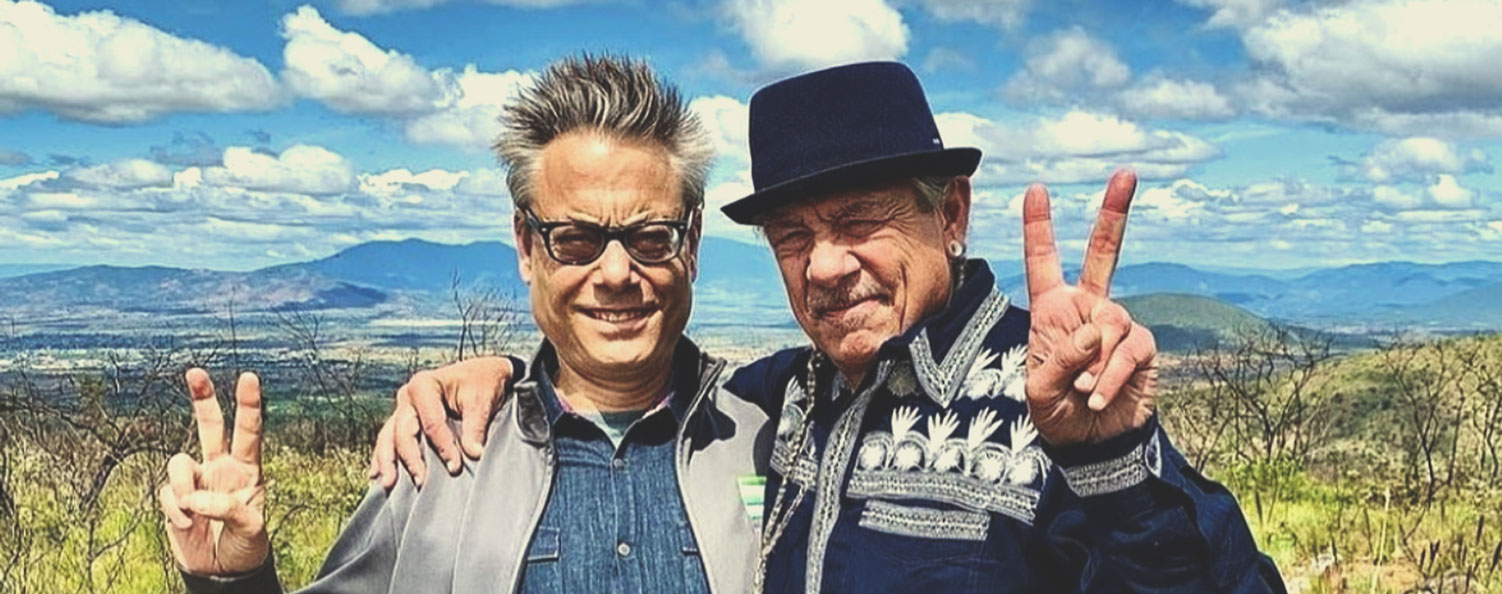
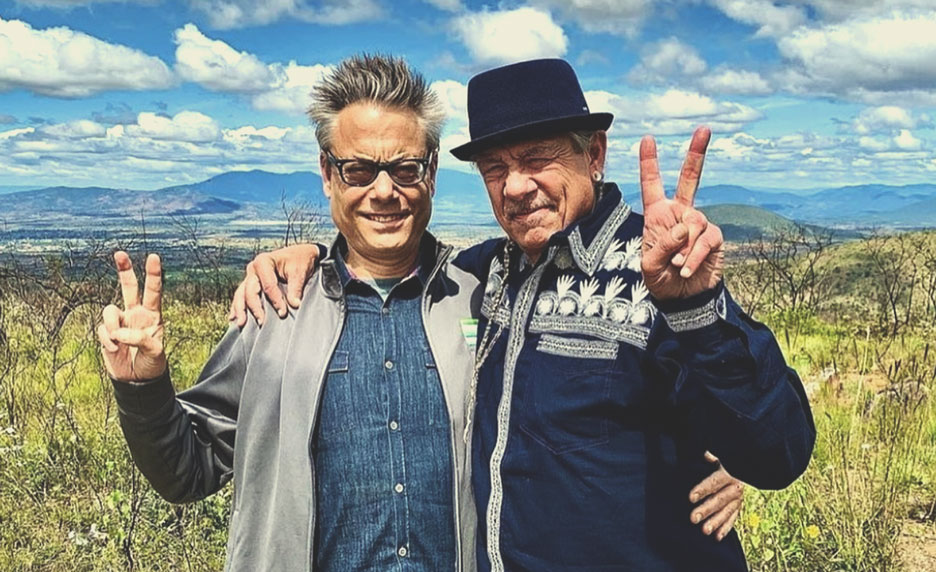
6. Which words could a teacher use to integrate informative cannabis values into classes? (33:23)
I think the way to frame it to children is that this is plant medicine. It's also important to let kids and adolescents know that it's intended for adults, just like alcohol, and there are some things that only adults get to do, and that's just the way it is in the world.
Tell them the truth, tell them the science, and also let them know about the science of alcohol and all intoxicants.
7. How can we help to break the stigma of the lazy stoner? (36:23)
The best way to create a more complex perception of the stoner is success. Success is the best revenge. Everybody has to achieve that. It doesn't matter if you're a stoner (and I don't care who you are), you have to try to reach some potential in yourself.
It's going to take maybe a generation or two for all of that to happen. But this is a good plant, not a bad plant. And it's that simple. It really is. If we can just educate and put in the hearts and minds of ourselves and our children that this is a good plant.
"A mistake I see a lot of brands making is they try to be like mainstream alcohol brands, or tobacco brands, or even perfume brands."
8. What examples of “fresh and positive representations of cannabis” do you think should be introduced into society? (41:31)
As we tell stories of cannabis, we need our protagonists to be seniors, people with disabilities, those dealing with life-threatening illnesses—people who have overcome things with cannabis. Those are the new faces of cannabis that I see. In the United States, we’re already starting to rebrand it really, and we've made a lot of progress away from the lazy stoner sitting on the couch. People understand that there are some pretty hard-charging, successful people like Elon Musk smoking weed with Joe Rogan on his podcast, and those guys have a net worth of more than probably everybody listening to this show.
9. What advice would you give to other CEOs or founders looking to build their own unique cannabis brand? (46:16)
A mistake I see a lot of brands making is they try to be like mainstream alcohol brands, or tobacco brands, or even perfume brands or things like that; they try to emulate something that's trending in marketing or some other area of mainstream culture.
I don’t find that copycat thing very interesting. What I advise people to do when I consult with them is to create something authentic that comes from you, and perhaps your community.
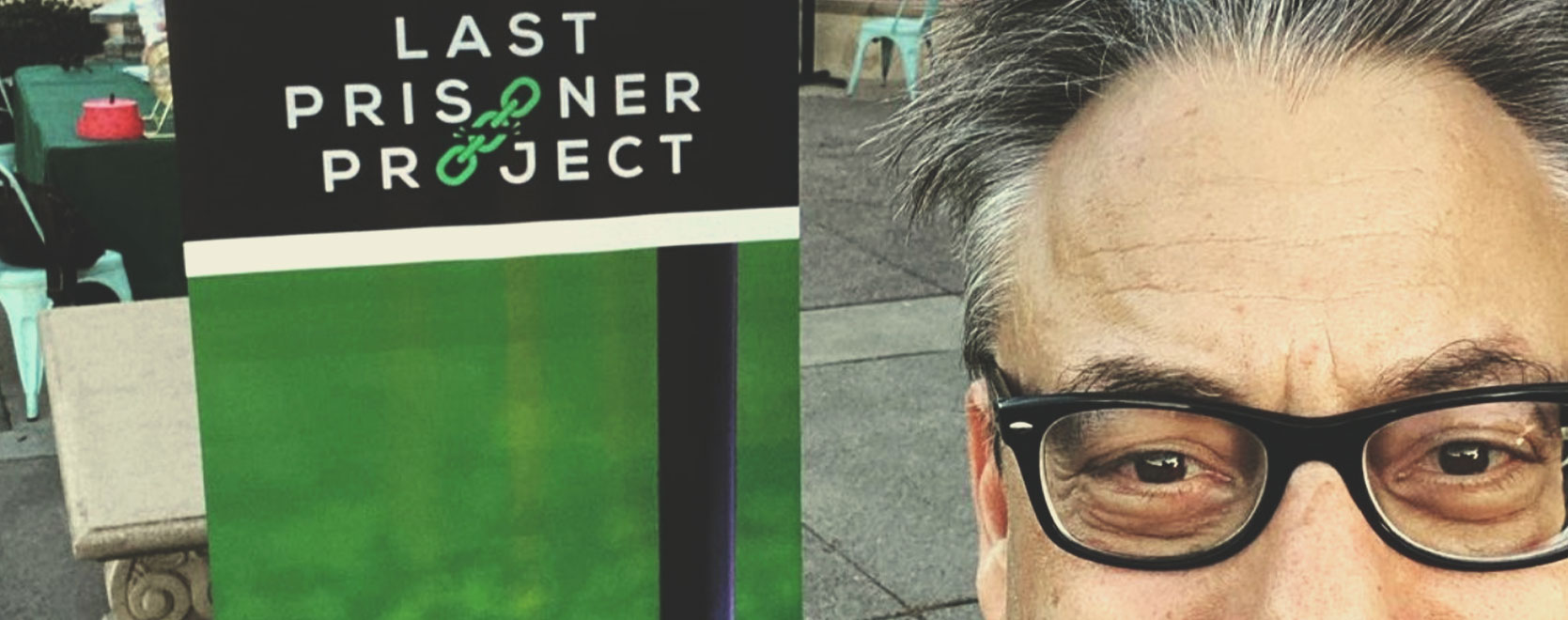
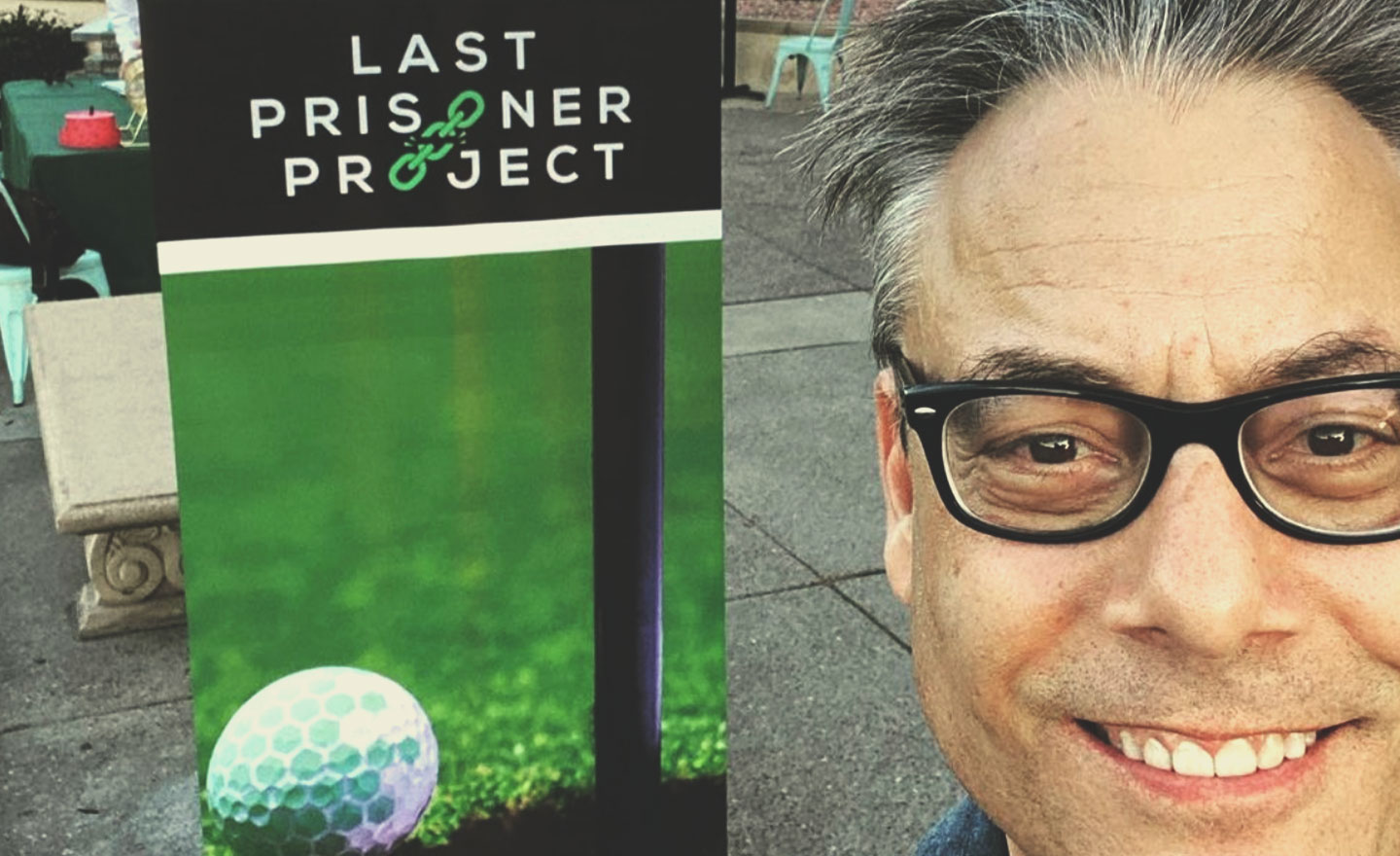
10. What is your favourite strain at the moment? (52:54)
I'm very blessed right now because one of my clients is a man who collected strains from the early days of the 70s and 80s, and he and I are working together to get his strains to the market. So he's given me a couple of what we call landrace strains. One from Jamaica that's a pure Jamaican landrace strain, and the other to make an Afghan hybrid. I've been smoking those, and they're not available anywhere else for anyone else in the world.


























